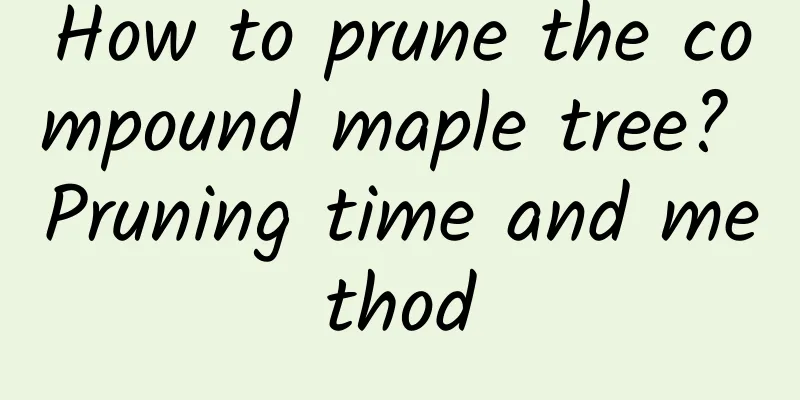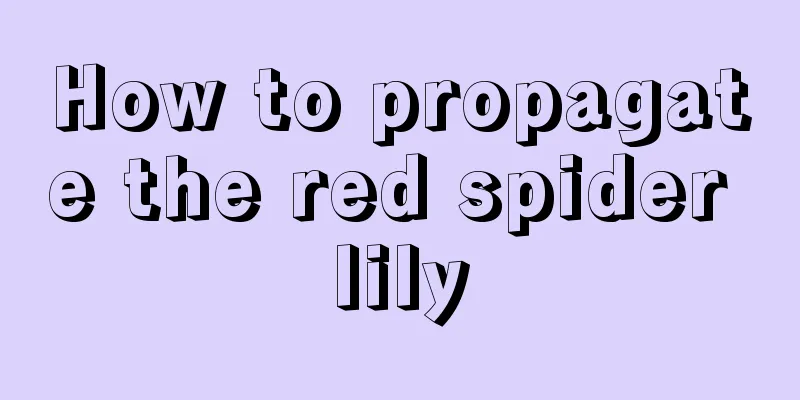Will Polygonatum freeze to death in winter?

1. Will I freeze to death?Polygonatum has a relatively good growth ability and is very cold-resistant. It can grow well even in winter and will not freeze to death. Although it is not easy to be frozen to death, it still needs proper warming, which is not only beneficial for it to survive the winter, but also more beneficial for its growth in the second year. 2. Ways to keep warmRelatively speaking, it is not afraid of the cold, so you don't need to pay too much attention to keeping it warm. Just cover it with a layer of transparent plastic film when the weather is cold, or you can use straw to cover it to keep it warm. It should be noted that the covering should be removed in spring. Some people will plant a small amount in a larger pot. If it is raised at home, the pot can be moved indoors, which also has a good warming effect. 3. Wintering Methods1. Watering: In winter, watering must be done less often. You can water it once every 5-7 days. Just keep the cultivating soil slightly moist. 2. Fertilization: Fertilize once before entering winter. You can use phosphate fertilizer, farmyard manure or cake fertilizer. After fertilizing, loosen the soil appropriately so that the Polygonatum sibiricum can absorb nutrients better. |
<<: What are the flowers with the longest flowering period?
>>: How to Overwinter Cockscomb
Recommend
How to trim moon rabbit ears
Reasons for trimming moon rabbit ears There are s...
What are the characteristics of green plum
1.Tree trunk The trunk of the green plum tree is ...
How to prune Brazilian wood
When to prune Brazilian wood When is the best tim...
How long is the fruiting period of bayberry? Fruiting period maintenance and management methods
How long does the bayberry fruit season last? The...
Is the peony a peony?
Peony The peony is also called the purse flower. ...
Is lettuce a carb or a vegetable?
Lettuce is also called lettuce, white bamboo shoo...
Can spider plants survive in water? Will they freeze to death if placed outdoors in winter?
1. Can it survive in water? Chlorophytum can be k...
How to propagate sea buckthorn by cuttings
Classification of sea buckthorn cuttings Everyone...
Which month is best for pruning mangoes?
Mango pruning time Mango trees generally need to ...
Is it good to keep dripping Guanyin at home?
1. Is it good to raise it at home? It is a good i...
How to grow peanuts to get high yield?
Peanut is a unique dicotyledonous plant that bloo...
How to eat gooseberries
Gooseberry Yogurt Prepare 50g gooseberries, 250g ...
How to plant freesia seeds
1. Seed Collection Time Freesia blooms in April a...
How to make watermelon seeds sprout quickly
Watermelon seed germination environment Watermelo...
How to grow roses with water
1. Water cuttings When water-propagating, you sho...









